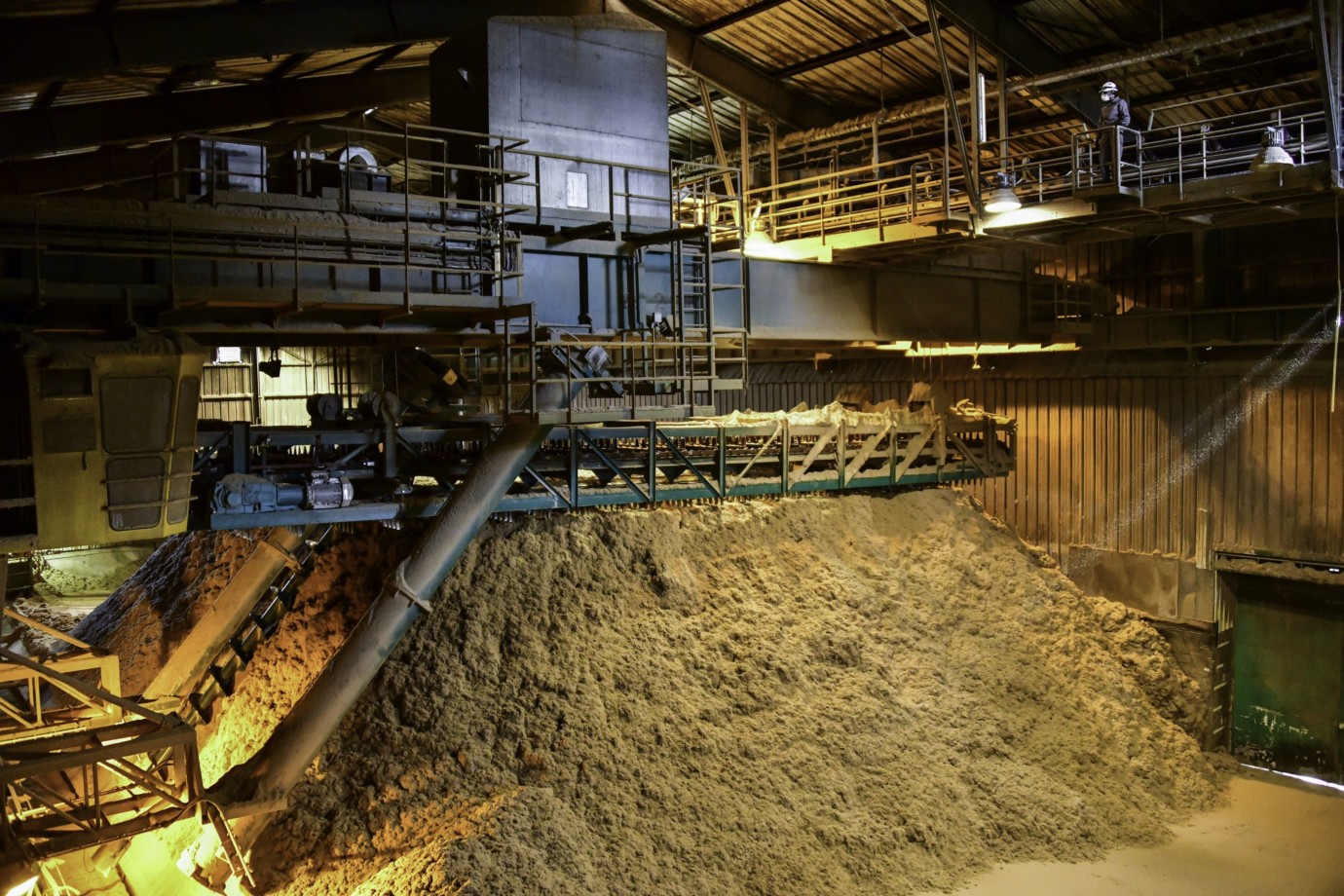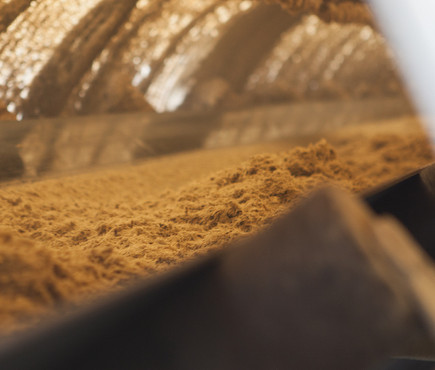
Biomass
At Albioma, we have harnessed our experience of energy recovery from bagasse to become a key partner of industrial sugar refiners, producing renewable energy in areas not connected to mainland power networks.
17
power
plant
3 465
GWh
electricity production from all our thermal installations
153
KWh
exported per tonne of sugar cane
Producing electricity and heat from bagasse
Supplying plants with bagasse in return for a supply of steam and electricity for sugar mills is a sustainable model that gives these refiners a decisive competitive edge. Similarly, the energy efficiency of Albioma’s plants enables us to sell the power we produce to electricity distributors, helping them cope with increasing consumption.
In France and Mauritius, during the sugar campaign which lasts between four and six months, the plants operate as cogeneration units, with bagasse as the main fuel. Between harvesting campaigns, they operate using a condensing process in the same way as conventional power plants, mainly from biomass. It can be used in a hybrid-combustion configuration to supply energy all year round at a competitive cost while complying with European and French atmospheric emissions standards.
In Brazil, the duration of sugar campaigns (nine or ten months) and the quantity of sugar cane processed by sugar mills enables the Group’s cogeneration facilities to operate using bagasse all year round (i.e. 11 months out of 12, with the remaining month set aside for annual maintenance).

Our goal is to replace coal with new forms of biomass
Due to the climate emergency, fossil fuels no longer have a future
A consensus has been established on the extent of the carbon impact of coal-fired power plants around the world, and the urgent need to drastically reduce CO2 emissions to achieve the objectives of the Climate Plan: the conversion of our power plants to 100%. biomass was required.
Regarding existing jobs, conversion to biomass promises a “gentle transition”
Within our power plants, we have changed energy, using exclusively biomass, without disrupting the jobs of our employees: we maintained jobs and equipment, paying particular attention to compliance by the latter. the strictest environmental standards.
The conversion of power plants to biomass generates positive economic benefits in Overseas Territories.
This key step makes it possible to meet the objectives of the energy mix of overseas territories while boosting the circular economy.
The phase-out of coal, enabled by the use of sustainable and traceable biomass, will take effect in early 2026. This milestone is part of a trajectory aimed at achieving 97% renewable energy in our energy mix, with the objective of reaching 100% by 2030.

